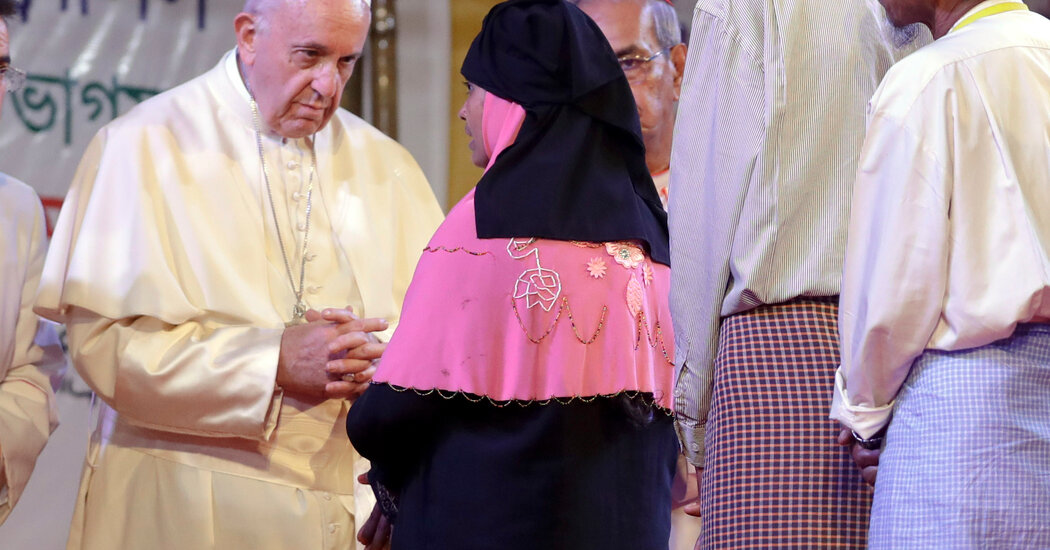What he did when he became a pope: From Mongolia to Burma to Myanmar, I was shocked to find out what he had learned from his experience with the elevators
There were some boxes that the church experts told me needed to be filled, so I filled them when the Argentine cardinal was here in 2005. Instead, the College of Cardinals chose the archconservative Joseph Ratzinger, who became Pope Benedict XVI.
I believed the Argentine cardinal was old enough to be a top candidate when I reported on another papal conclave eight years later.
Pope Francis was a pope of unexpecteds, as the first to use the name since the history of the Catholic Church. Over the dozen years that I covered him, from the day of his election to the day of his death at 88, he kept the church he led, the world he cared about and the reporters who followed him on their toes. I covered him in unexpected destinations — Mongolia, Iraq, Myanmar — where he drew attention to humanitarian plights that were off the global radar.
I can’t remember if it was when he came face to face in Bangladesh with members of the ethnic minority who were being hunted down and jailed, or if it was at that moment in his life. I found it hard to believe that Francis cared so much about migrants, war survivors and the forgotten and marginalized, no matter their religion. For him, their suffering was real.
The pope refused an official letter from the conservatives asking him to clear up the “grave disorientation and great confusion” caused by a document he wrote, because he did not want to get in the way of church law.
Over time, conservative opposition produced onaffiliated news outlets led them to suggest that the time of a formal break with the church was near.
On one papal flight, I asked Francis about the unanswered dubia questions and whether he worried if his opponents in the American church might break off from Rome.
On the pope plane, he was an easy going guy who was very nice to the news media, unlike all of the presidential candidates and Presidents I had covered. He compared the notes he had written about my experience with the elevators to what I had written about it. I saw he was willing to feed an army of sweets.
When he first became pope, at age 76, he said he thought he might last a few years in the job. Instead, he lived a dozen more, and his reforms and setbacks, his false starts and unexpected leaps forward demanded my undivided attention and time.
He went off topic with a rant about how the church is being twisted by the devil during his final meeting of the Bishops in 2018, so I was surprised.
But I heard stories from his friends that he learned from his mistakes and showed a capacity to change, perhaps the most surprising of all human traits. He admitted to his own mistake and promised that it wouldn’t happen again. He took important measures to improve safety in the church.
The conservatives were the last to believe in infallibility because of their convictions. He kicked the last major prop supporting a strong papacy out and left the office of St. Peter in the exact position he left other 21st-century institutions in: graced with power but lacking credibility, floated on charisma without underlying legitimacy.
The liberal pope that many Catholics had desired all along was the one Pope Francis, who passed to his reward on the morning after Easter at 88, a man who was shaped by the Second Vatican.
